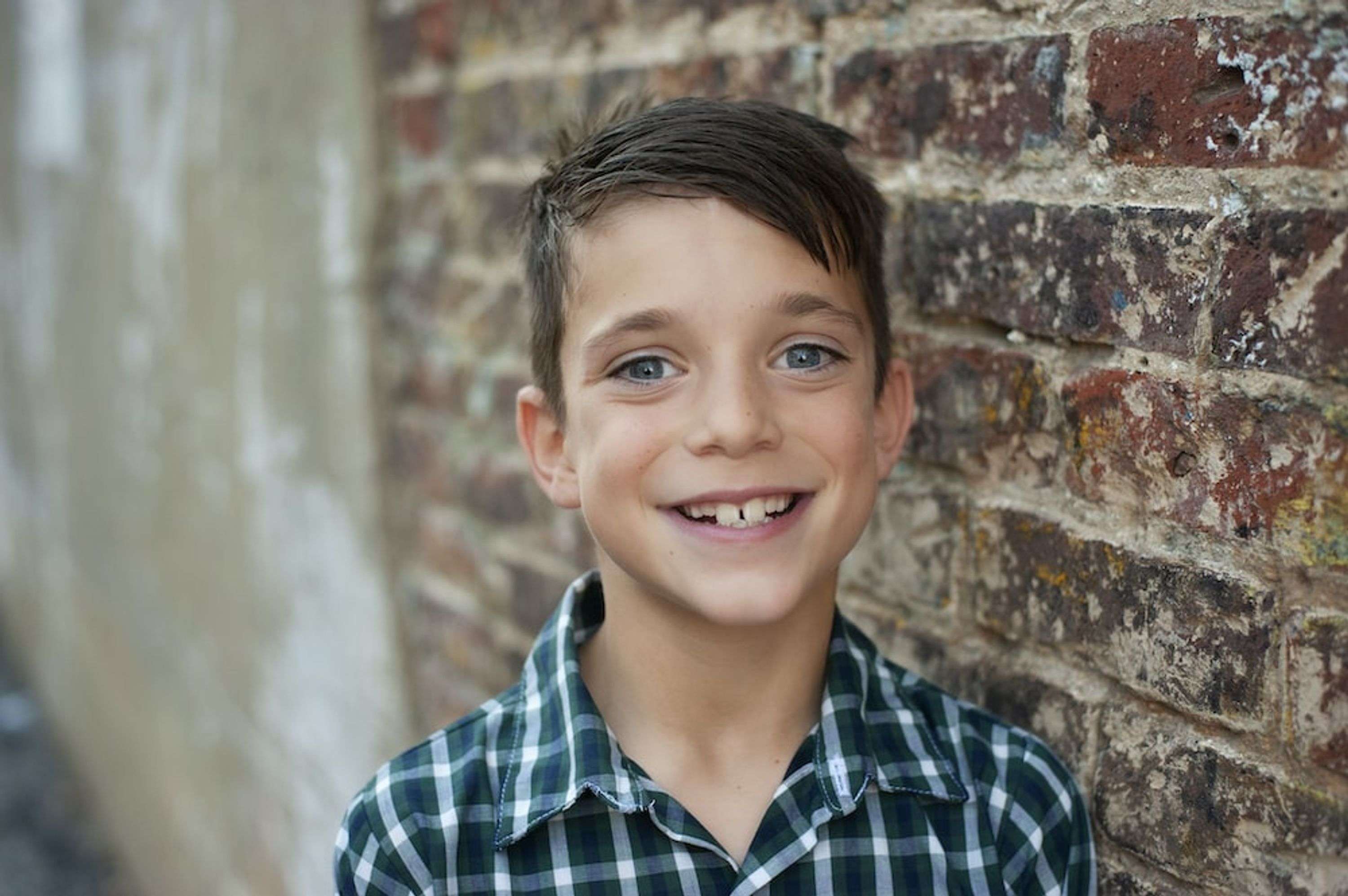Don’t jump to conclusions if you think your son is gay or daughter is gay.
While I largely did fit into the stereotypical caricature of a gay man, not every gay person does. Stereotypes aren’t necessarily wrong, but they are incomplete; there are many ways of being. Gay might be effeminate, or gay could be strong, audacious, powerful and beautiful – just like straight could be any of those things. Don’t let the most common representation of homosexuality – or heterosexuality — make you jump to conclusions about the sexual orientation of your child. There are no symptoms of gay that you can watch out for, because being gay isn’t a disorder; kids who are gay and kids who are straight come in all shapes, sizes and personalities.
Don’t speculate about your kid’s sexuality to others.
Your kid’s sexuality is a sensitive topic and extremely private for your child. Even if he (or she) is comfortable with his sexuality, he wouldn’t necessarily want to be out to your friends and neighbours. Gay kids – and kids people think are gay, whether they are or not – face a lot of insensitive questions and comments, not to mention bullying. Think: Would you like people whispering about who you may or may not be attracted to? Let kids choose whom they wish to come out to.
Don’t ask.
It might seem logical: How do you know if your child is gay if you don’t ask? But that’s not a good move. First, there are a million ways to go about it more tactfully (see below). And second, your child may not know or be fully comfortable in their sexuality – so they might not have an answer, but still feel pressure to give one.
When I realized I might be gay, at age 16, I’d often vehemently oppose homosexuality in my conversations or brush it under the carpet. That’s because I was repeating the attitudes I had been nurtured in. (The term ‘Homosexuality’ never existed in my vocabulary till I was 13!) Most of us have lived our lives in a hetero-normative society, so it might take time for gay kids to come to terms with homosexuality. Which brings me to the do’s:
Do give your child reason to believe you’d accept them if/when they come out to you.
Rather than ask if your son is gay or daughter is gay, or watch for signs your child is gay, what you can do (and what my parents did, unknowingly) is make your kid believe that coming out to parents would be OK.
One way to do it is by watching gay-friendly media, like the Satyamev Jayate episode about sexuality, during or after which you can mention how brave you think Gazal was for coming to terms with her trans identity and how you appreciate her parents’ efforts to stand by her side. Similarly, you could watch films like Summer in My Veins, Prayers for Bobby, or Touch of Pink which are about children coming out to parents. (If your new taste in film doesn’t prompt your child to confide, don’t freak out; the subtle message of acceptance you’re sending is more important.)
Another way to do this is by minding what you say. Use sensitive and up-to-date terms whenever you talk about homosexuality. And yet another way is to expose your child from the start to inspiring stories of LGBTIQ icons like Harvey Milk, Freddie Mercury, and Ellen DeGeneres. This will all go a long way to conveying to your child that, if they’re not gay, there’s still much to emulate in these role models; and if your child is gay, they can come out to you “because it’s okay,” as DeGeneres put it in a 1997 interview with Oprah.
Do watch your tone of voice.
Gay or straight, teens pick up on how you say something, far more than what you say. Talk to them about sexuality – gay or straight — like you’re discussing what they’d want to have for dinner, without an ounce of judgment, derision or even awkwardness. If your kid seems disinterested, don’t force it, but let them bring it up if and when they’re comfortable.
Do ask yourself: Why do I want to know if my child is gay?
A lot of parents don’t exactly expect their kids to be gay, so adapting personal expectations and dreams might be difficult – but you don’t need your child’s confirmation to do it. If you want to ask so you can reassure your child of your acceptance, there are better ways to do it (see above).
If you want to know whether your son is gay or daughter is gay because you’re worried they’re having sex, you don’t need to know with what gender to talk to them about safe sexual practices and HIV prevention. It’ll be awkward, but it’s important, so get over it.
If you want to know because you’re struggling to accept the possibility that your son is gay or daughter is gay, now is the time to confront your own prejudice. It may come as a surprise to you; I’ve heard many of my classmates say, “Oh, I support homosexuality, but my kid better not be gay!” It doesn’t really work that way; you either do accept homosexuality, or you don’t. Use this opportunity to actually live up to how you’ve always thought of yourself.
And consider this: Your child may well be struggling as much or more than you. Asking about their sexuality before they’re ready is more about what you need, not about what they need. Think of a difficult moment in your life: Did you welcome other people’s questions at that time? Did you just want to figure it out yourself and move on?
Finally, whether or not you’re 100% accepting, these last two points are most important if you think your child is gay:
Do make sure your child knows there’s more to life than a person’s sexuality.
Let your child’s sexuality be just one part of who he or she is. Does your child see you only as someone who is attracted to the opposite sex? Probably not. Probably they see you as a mother or father, a successful professional, a supportive friend or neighbour, a good citizen, because you are all those things; gay or straight, your child can be all of those things and more, too. Defining kids by whom they are attracted to is as arbitrary and limiting as defining them by their shoe size. Celebrate all parts of their personality.
Do treat them the way you’ve always treated them.
Your child didn’t just turn gay overnight. They were born that way. Dealing with a gay child (or one you think might be gay) doesn’t have to be different from dealing with a straight child. Why should your speculation – or your knowledge, if they’ve come out — change the relationship between you?


